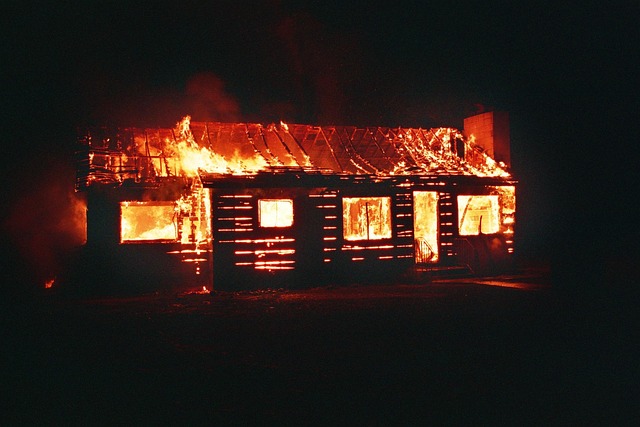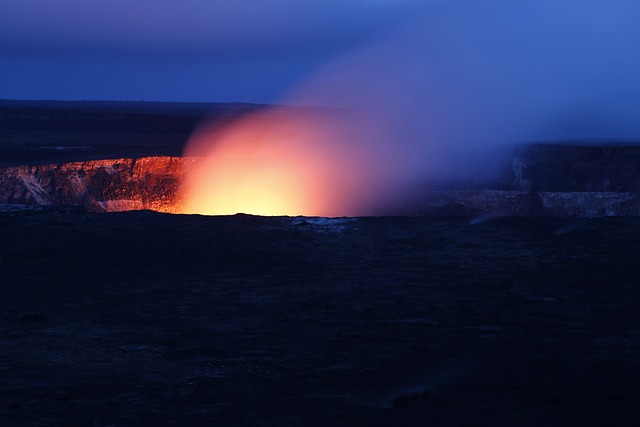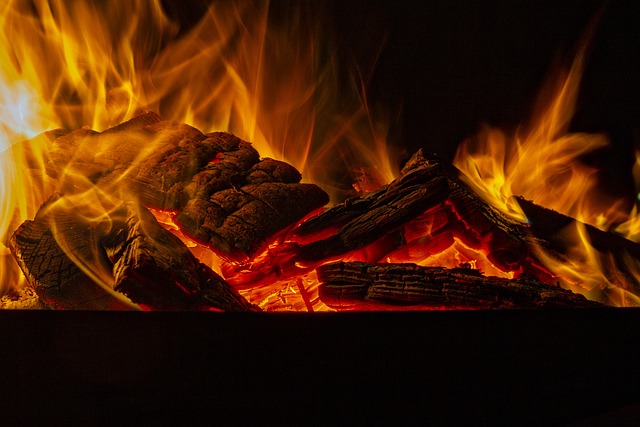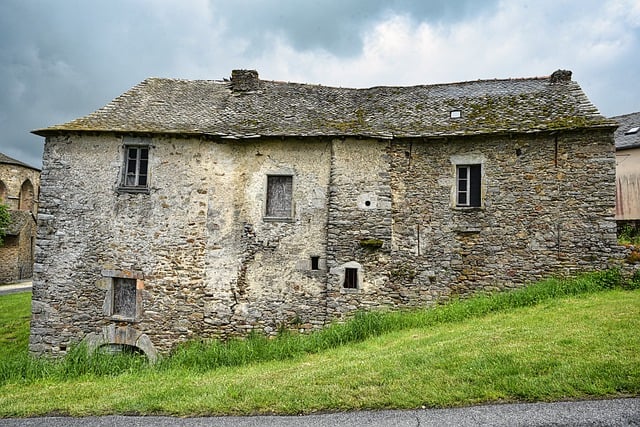California's real estate investors play a dual role in post-wildfire recovery, offering financial relief to homeowners by purchasing damaged properties at lower prices and contributing to market stability. This process helps stabilize communities, cater to housing demand, and ensure successful transactions when selling fire-affected homes in California. Investors must consider property damage, reconstruction efforts, and market trends for informed decisions regarding these "sell house after fire California" scenarios.
Real estate investors play a pivotal role in shaping California’s dynamic market, contributing to its vibrant landscape. This article delves into their crucial functions, focusing on the opportunities and challenges presented by California’s diverse real estate scene. We explore post-fire scenarios, offering a comprehensive guide for selling houses after disasters, particularly in fire-prone areas like California. Additionally, we analyze the impact of fires on property values and investor strategies, providing insights essential for navigating this complex environment, especially when considering the sell house after fire California context.
- Understanding Real Estate Investors: Their Role in the Market
- California's Real Estate Landscape: Opportunities for Investors
- Navigating Post-Fire Real Estate Scenarios in California
- Strategies for Selling a House After a Fire: A Comprehensive Guide
- The Impact of Fire on Property Values and Investor Decisions
Understanding Real Estate Investors: Their Role in the Market

Real estate investors play a pivotal role in shaping markets, particularly in regions like California where natural disasters such as wildfires can significantly impact property values and availability. When a house is affected by a fire, owners often face challenging decisions. Many turn to real estate investors who specialize in purchasing properties in various conditions—including post-disaster scenarios. These investors step into the market to acquire homes at potentially lower prices, offering a solution for homeowners facing financial strain and quick sale options.
Their contribution is twofold: they provide liquidity to a market that may be experiencing a shortage of buyers due to unforeseen events and help revive the real estate sector. In the context of California, where the sell house after fire scenario is not uncommon, investors can facilitate the transition for affected homeowners, contributing to community recovery efforts while ensuring property turnover and market stability.
California's Real Estate Landscape: Opportunities for Investors

California’s real estate landscape offers a diverse range of opportunities for investors, particularly in areas that have experienced recent natural disasters like wildfires. The state’s vibrant economy, coupled with a robust housing market, makes it an attractive destination for those looking to invest. After a fire destroys a house, owners often choose to sell quickly, providing investors with the chance to acquire properties at potentially lower prices compared to the pre-disaster market.
This scenario presents a unique opportunity for real estate investors to secure valuable real estate in desirable locations. With a wide range of neighborhoods and communities affected by fires, there’s a diverse selection of properties available. Investors can choose from rural areas with vast land to urban centers, each presenting its own set of advantages and potential for growth, especially when considering the increasing demand for housing in these regions due to population shifts and recovery efforts.
Navigating Post-Fire Real Estate Scenarios in California

In the aftermath of a fire, California’s real estate landscape presents unique challenges for both homeowners and investors. When considering to sell a house after fire in California, several factors come into play. The first step is assessing the extent of damage; this includes not just structural integrity but also potential smoke and water damage. Post-fire real estate scenarios often lead to complex negotiations due to the uncertainty surrounding repairs and rebuilding efforts. Homeowners may opt to rebuild, sell as-is, or even abandon the property, each decision impacting the local market dynamics.
Real estate investors play a crucial role in these situations by offering opportunities for growth and recovery. Many California communities have historically shown resilience after fires, leading to increased demand for housing. Investors can contribute to this recovery by purchasing damaged properties at competitive prices, either for renovation and resale or for long-term rental investments. Selling a house after fire in California requires careful consideration of market trends, local regulations, and community support—factors that can significantly influence the success of such transactions.
Strategies for Selling a House After a Fire: A Comprehensive Guide

The Impact of Fire on Property Values and Investor Decisions

A fire in a property can significantly impact its value and the decisions of real estate investors. In California, where the risk of wildfires is prevalent, this effect is particularly notable. After a fire, homeowners often face the challenge of repairing or rebuilding their properties, which can be costly and time-consuming. This uncertainty may deter potential buyers, leading to a decrease in property value. Real estate investors should consider the extent of damage, local reconstruction efforts, and market trends when deciding whether to sell a house after a fire.
The decision to sell is crucial as it determines the investor’s return on investment. In some cases, selling quickly may be beneficial due to insurance settlements or a favorable real estate market. However, investors must also assess the potential for property value appreciation once repairs are made, especially in areas where fires are followed by robust reconstruction and economic growth. Understanding these dynamics is essential for making informed decisions when navigating the sell house after fire California scenario.
Real estate investors play a pivotal role in shaping California’s dynamic market. From understanding their motivations to navigating post-fire scenarios, this article has explored various facets of investing in the Golden State. When it comes to selling a house after a fire in California, knowledge is power. By employing strategic approaches outlined here, homeowners can navigate this challenging period with confidence, ensuring they receive fair compensation for their properties while contributing to the state’s recovery efforts.






